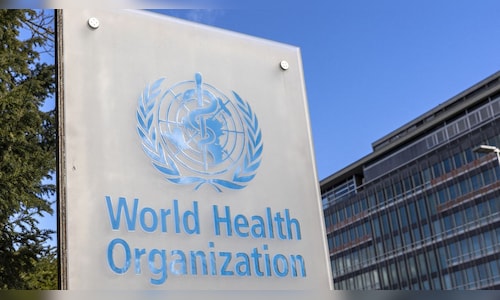Polio Outbreak Detected in Papua New Guinea: WHO Reports










2025-05-21T10:16:48Z

On Tuesday, the World Health Organization (WHO) reported a significant public health concern regarding the circulating vaccine-derived poliovirus type 2 (cVDPV2) in Papua New Guinea. The alarming discovery was made in stool samples from two healthy children on May 9, highlighting the challenges still faced in eradicating polio globally.
The WHO's statement classified the detection of this vaccine-derived poliovirus as a ”polio outbreak,” underscoring the seriousness of the situation. Although wild poliovirus is currently only endemic in Pakistan and Afghanistan, the presence of vaccine-derived poliovirus has been linked to a number of outbreaks across various nations. In the current year alone, countries such as Nigeria and Ethiopia have reported numerous cases of paralysis attributed to polio, raising concerns about the effectiveness of vaccination efforts and the potential for further spread.
This incident marks the first polio outbreak in Papua New Guinea since 2018, when a similar outbreak was reported in Lae city, located in Morobe province—the same area where the latest detections were made. The recurrence of poliovirus in this region indicates a troubling trend and a potential setback in the quest to eliminate this debilitating disease.
The WHO emphasized the importance of vaccination, which is vital for protection against all forms of poliovirus. However, the coverage rates in Papua New Guinea remain worryingly low, with only around 44% of children receiving the third dose necessary for complete protection against the virus. In light of these findings, health authorities are mobilizing efforts to detect any further transmission of the virus and to significantly boost vaccination rates in the affected areas.
Poliomyelitis, commonly known as polio, is a highly infectious viral disease primarily spread through the faecal-oral route. It can invade the nervous system, leading to paralysis and even death, particularly in young children, especially those under the age of two. Notably, the virus is asymptomatic in most cases, complicating detection and control measures. This makes it crucial for health organizations to enhance surveillance and vaccination efforts to prevent further outbreaks.
 Lars Andersen
Lars Andersen
Source of the news: CNBC TV18